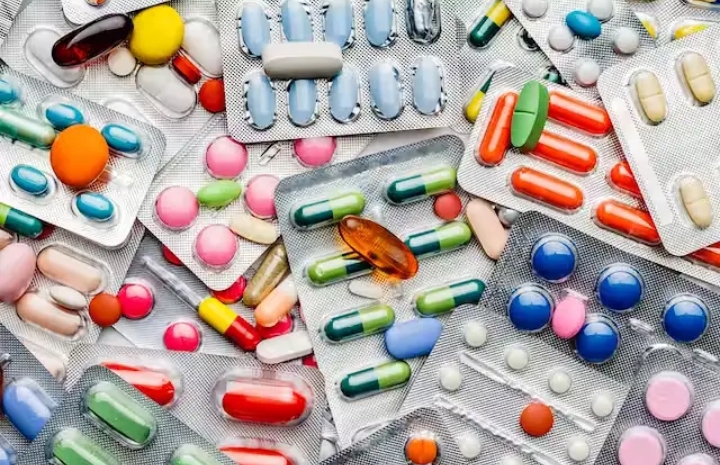Opinions
Wrong time to fall sick in Nigeria, as cost of medicines skyrockets

In Nigeria, falling sick can be challenging in normal times but seeking treatment is currently a double blow as the financial implication has become increasingly unbearable for many Nigerians.
The cost of basic drugs, such as antibiotics, analgesics, anti-diabetics, and key medications for chronic conditions, has doubled, tripled, or even quadrupled in some instances, leaving many patients struggling to access the healthcare they desperately need.
The alarming rise in drug prices, its impact on healthcare access, and the urgent need for solutions have become overriding to ensure that falling sick does not become a financial death sentence.
Hardest hit by the exponential surge in prices of drugs are the poor, notably those on the minimum wage and below, those without steady sources of income, and particularly those without reliable health insurance, like Idowu Akinyemi, a single mother.
When Idowu, who is living with diabetes, went to purchase her insulin, she was shocked to discover the price had gone up for the second time within a fortnight.
“The last time I purchased my insulin, it was around N3,000, but now when I went to check at the pharmacy, it is over N5,000, almost double,” lamented Idowu who noted that with each passing month, the cost of her insulin climbs higher, forcing her to choose between medication and feeding her children.
Dokun Bolarinwa, diagnosed with high blood pressure, said he had been on regular treatment, but noted that the soaring price of his medication was gradually forcing him to default in adherence to the guidelines of his treatment.
“I’m a retired civil servant with no stable income. Over the past few years, I have been managing my condition with family support and goodwill, but these days, things are tough. I’m already skipping certain medications because I cannot afford them, and if care is not taken, I may be forced to abandon treatment altogether.
Ade Ogun who bought a medicated cream for his skin rash was amazed when he discovered the drug had doubled in price a week later.
“I bought a tube of Nixoderm for N500, but when I went back to the the same shop to purchase another one some days later, the price had gone up 100 per cent. It was an unexpected increase,” Ade noted.
Funmi Olaoye, a housewife and mother of an ashtmatic child was also concerned about the high cost of drugs. “My son needs medication for his asthma, but I can barely afford half the dose. It’s a constant struggle,” she lamented.
Among factors contributing to the increase in drug prices are rising production costs, delays in global supply chains and local supply challenges, as well as the declining value of the naira.
400-500% price increase
Findings from a recent survey by SB Morgen showed that over the last four years, the prices of different categories of paracetamol-based analgesics, common cold medicines, such as Actifed, and antibiotics, and antimalarials, rose dramatically.
The report found that between 2022 and 2023, Ampiclox and Amoxil recorded 340 per cent and over 400 per cent increases respectively, while antimalarials such as Lonart DS recorded cost and selling price increases of 110 per cent and 92.3 per cent respectively between 2019 and 2023.
From Vanguard’s investigations, the prices of all routine drugs in Nigeria have gone up astronomically. The most affected categories include genuine antibiotics, analgesics, anti-malarials and a number of prescription and specialized drugs.
A random check of prices in some pharmacies and in the open market in Lagos revealed that prices of all the popular genuine brands of antibiotics, including Ciprofloxaxin, Azithromycin, Amoxil, Ampiclox and Augmentin, have gone up by 50 – 150 per cent since the beginning of the new year.
Experts say accessing affordable insulin is crucial for managing diabetes effectively. However, it was gathered that the rising cost of insulin presents a significant challenge for people living with diabetes.
Insulin prices in Nigeria have been steadily increasing in recent times with ranges, depending on the brand, pharmacy, and location.
Findings show that for insulin, from rapid-acting, intermediate-acting or long-acting, the average depending on the type, ranges between N4,000 and N18,000 per cartridge/vial












